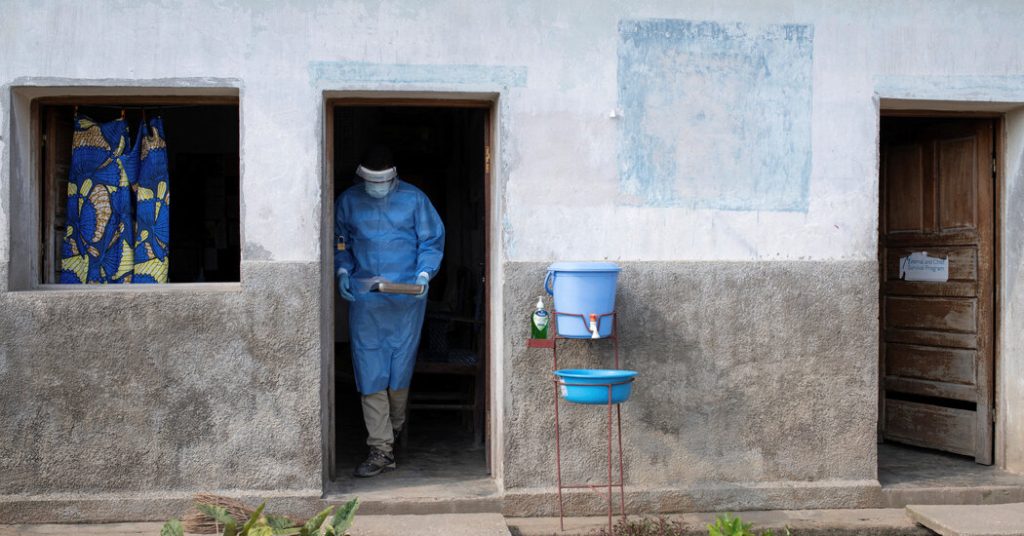With Pride events scheduled worldwide in the coming weeks, U.S. officials are concerned about the return of monkeypox, now known as mpox, an infectious disease that initially affected gay and bisexual men in 2022. The outbreak was controlled through behavior changes and vaccination, but many at-risk individuals are still not vaccinated. The Centers for Disease Control and Prevention (C.D.C.) issued a warning about a deadlier version of mpox currently affecting the Democratic Republic of Congo, urging those at risk to get vaccinated promptly. While this subtype has not yet been identified outside of Africa, the escalating epidemic in Congo poses a global threat.
There are two main types of mpox, Clade I and Clade II, both of which have circulated in Africa for years and sporadically caused outbreaks. Symptoms of mpox include fever, headache, back pain, rash, and painful sores, with those with weakened immune systems at higher risk of severe illness. The Clade IIb strain caused the 2022 outbreak, leading to over 30,000 cases in the United States. While cases decreased in 2023, recent data indicate a resurgence, with almost double the number of cases compared to the previous year.
In Congo, the Clade I virus has resulted in approximately 20,000 cases and close to 1,000 deaths since January 2023. This strain has a higher mortality rate compared to Clade II. The majority of deaths among children under 15 in Congo emphasize the vulnerability of younger individuals to mpox. Factors contributing to the spread in Congo include contact with infected animals, contaminated bushmeat, crowded living conditions, and other infectious diseases present in the region.
Recent discoveries of sexual transmission of mpox among sex workers in Congo have raised concerns about the potential for wider spread within the region and beyond. The transient nature of miners and sex workers poses a risk of carrying the virus to neighboring countries. Testing procedures for mpox vary by country, and limited access to tests, vaccines, and treatments in some nations allows the virus to thrive and evolve. The World Health Organization has recommended revisiting testing procedures to ensure accurate diagnoses.
Vaccines and antiviral drugs are expected to be effective against all forms of the virus, with two doses of the vaccine showing greater efficacy. Although public health messaging and behavioral changes helped control the 2022 outbreak, vaccination remains crucial for long-term control of mpox. However, vaccination rates in the U.S. remain low, with less than a quarter of at-risk individuals receiving both doses of the vaccine. Efforts are ongoing to increase vaccination rates and prepare for the potential resurgence of mpox in the United States.
In addition to preparing for the possible return of mpox in the U.S., the C.D.C. is also supporting Congo’s efforts to control the epidemic and obtain vaccines and drugs. Addressing the outbreak in Congo is crucial not only to prevent further spread but also from an ethical standpoint. Assistance in controlling the outbreak in Congo is essential to prevent it from becoming a global risk and to protect vulnerable populations in the region.







